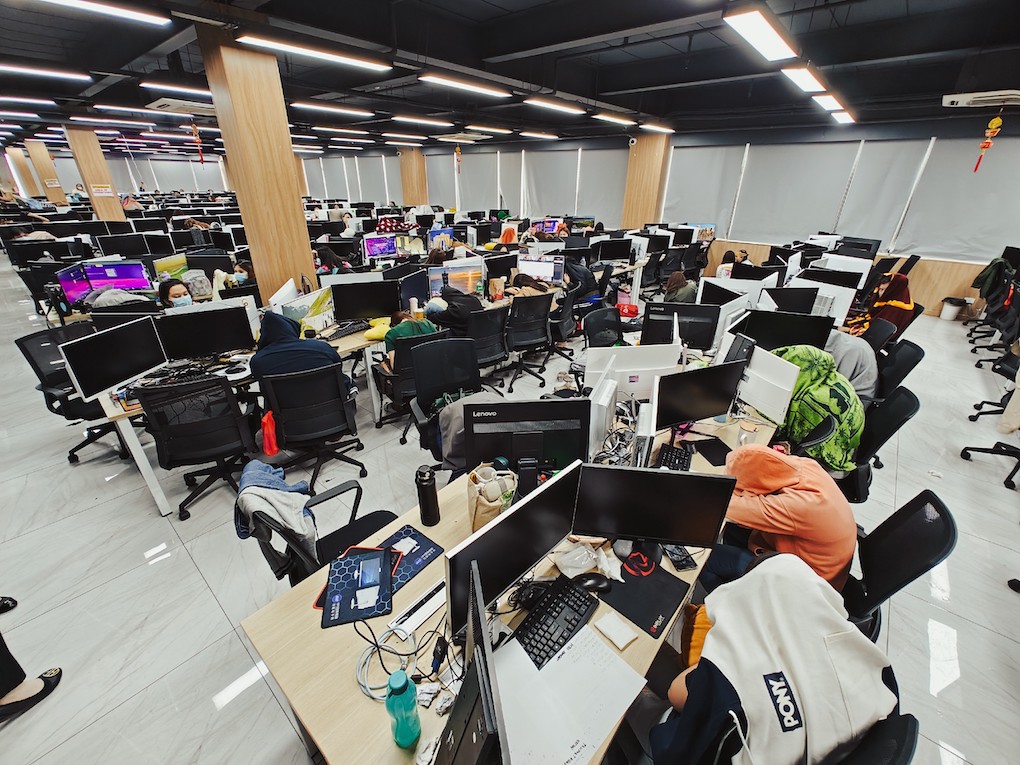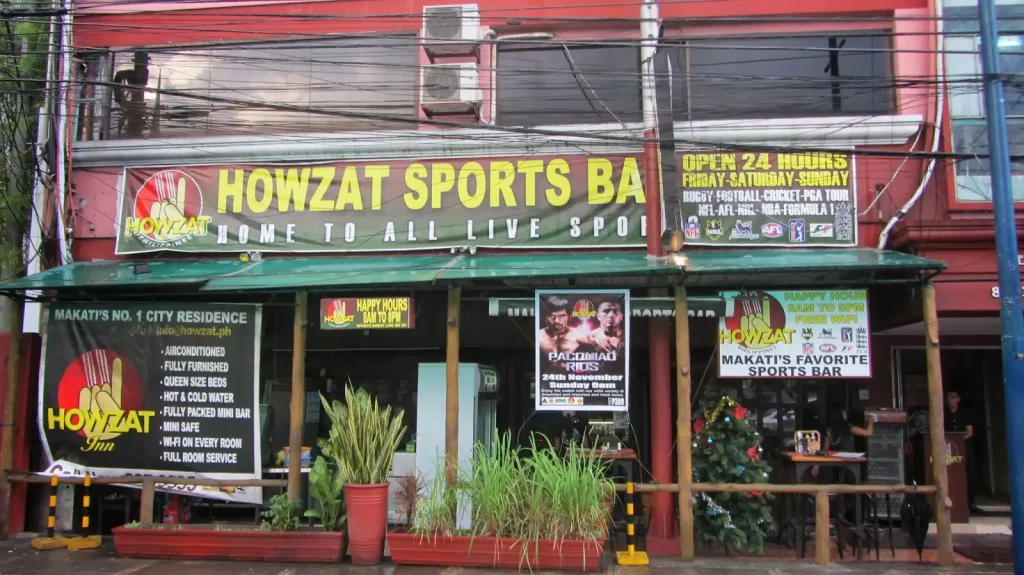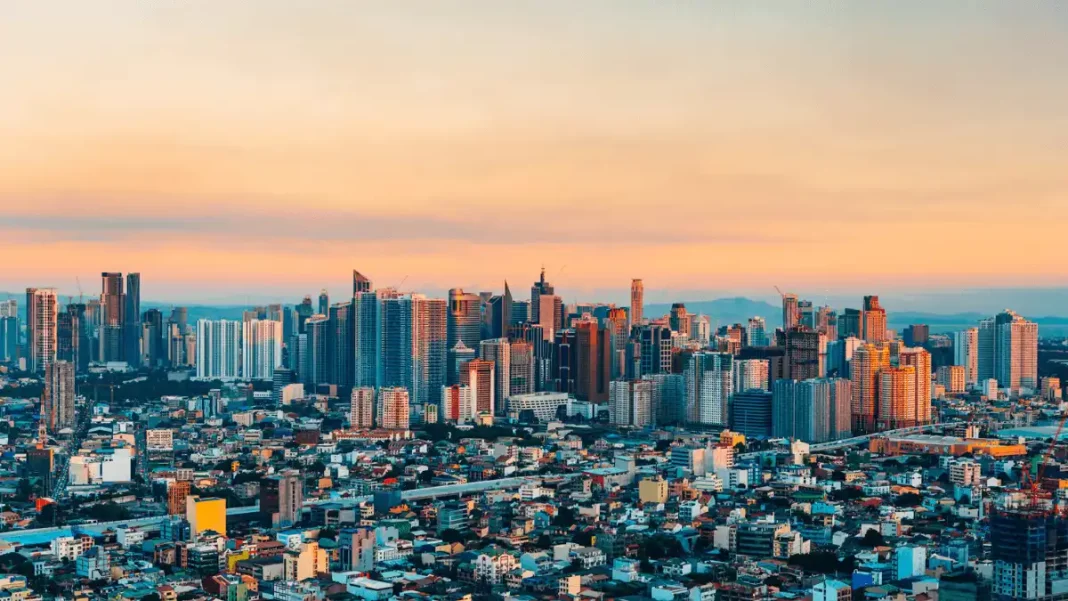A revised and stricter regulatory framework for offshore gaming has finally been implemented starting August this year, but the Philippine Amusement and Gaming Corporation (PAGCOR) is still under a lot of scrutiny to demonstrate that IGLs (formerly POGOs) do more good than harm to the country, says industry lawyer Tonet Quiogue.

In an interview with AGB, a partner from the Philippines-based law firm and an expert in the legal gaming space, Tonet notes that there is continuous pressure from some members of the Philippine Congress calling for the abolition of POGOs, with several government officials (including the Department of Finance and the National Economic Development Authority) expressing support.
PAGCOR’s intentions are clear that they want the IGL space properly regulated and that they are exercising more supervision and regulatory powers over their licensees. “The fact that PAGCOR unilaterally ‘suspended’ all POGO licensees and required them to reapply after a stringent process and under the new IGL Regulations showed that it was serious about trying to clean up the online gaming space.”
“The changes have not only been on the regulatory/licensing front. In addition to the enhanced due diligence and compliance processes for new applications, there are also commercial barriers to entry based on the IGL Regulations to prevent dubious entities from being licensed. IGLs now require a higher capitalization requirement. An IGL’s space can’t be larger than 25,000 square meters for each of its properties. In addition, a license is required for each property and will only be valid for two years. PAGCOR has also heightened its supervisory role by requiring surveillance cameras, surprise inspections and other monitoring schemes.”
“Having spoken to legitimate IGLs, while the new rules do impose an additional burden to them, most of them believe that these are costs of doing business, and those who have stayed in the Philippines still see great potential in the industry and the country,” she mentions.
The possibility of banning the POGOs was a frequent question that the industry put on the table when consulting the lawyers. Tonet says there are three ways that this can happen: First, Congress can create and pass a law banning offshore gaming (which still requires the approval of both houses of Congress and the President). Second, PAGCOR, as the main regulator for gaming activities, can issue regulations canceling the licenses to POGOs/IGLs or revising its rules. Third, similar to what former President Duterte did to E-sabong (cockfighting), the Executive Department can issue an Executive Order banning it altogether.
“In the last few days, there have been calls again from members of the Senate recommending or calling for the banning of IGLs by the President after an apparent raid of an establishment linked to gaming and illegal activities (it is not confirmed whether the raided establishment has a PAGCOR license). It should be noted that the Senate itself cannot unilaterally revoke licenses granted to IGLs. So my response to clients who ask is unless any of the three occurs, IGLs, as long as they are licensed by PAGCOR, are still legal on a national level.”
“On the local government level (cities, municipalities, and provinces), this can be on a case-to-case basis. We are aware that some local governments have a no-gaming policy, and will not issue no-objection letters to operators, which means that even if an IGL or service provider has a license from PAGCOR, they will not be allowed to set-up their offices in such local government. This is something we talk about and discuss with potential clients, as most of them have certain requirements for operations (real estate, connectivity, public transportation for workers, etc.),” she clarifies.

New regulations for POGOs
This June, PAGCOR issued the Internet Gaming Licensing Regulations (IGLR), a new regulatory framework to govern the application and operation of Internet gaming licensees (IGLs), previously called POGOs.
Tonet notes that the IGLR provides for the licensing, registration, or accreditation of IGLs (including their service providers). The issuance of the new IGLR is part of the intensified efforts of PAGCOR and other government agencies to address the illegal activities being linked to offshore gaming operators.
“When it was issued, POGOs and service providers were put on probationary status and directed to reapply until September 17th, 2023. The main focus of the reapplication process was to evaluate the beneficial owners of the applicants and to check whether these entities (or their owners) have engaged in activities they were not authorized to engage in.”
IGLs and service providers have also been under more stringent inspection procedures and surveillance requirements, working with other agencies such as the Philippine National Police, Bureau of Immigration, National Bureau of Investigation and Department of Finance. In addition to suspending or revoking licenses of illegal operators, PAGCOR has been issuing show cause orders and issuing monetary penalties to erring IGLs to ensure their compliance with the rules.

More gaming venues allowed
In the latest update, Tonet mentions that on October 19th, PAGCOR issued the Regulatory Framework for the Issuance of Gaming Licenses for the Establishment of Gaming Venues. Gaming Venues, under the new framework, are defined as an establishment or facility that offers to the public access to PAGCOR-approved game offerings such as traditional bingo games, eBingo, eCasino, sports betting, specialty games or any suite of games that may be allowed by PAGCOR in the future. The new regulatory framework essentially amends Regulation 3 of the Gaming Site Regulations issued by PAGCOR in 2017.
“Among other changes, it is evident that Gaming Venues that can be applied as ‘Gaming Sites’ have been substantially expanded. Under the new rules for instance, a ‘Gaming Lounge’ can be a Gaming Site (this was not in the previous rules),” notes the lawwer.
A Gaming Lounge is defined as a gaming venue established to be a place of entertainment where televised games or sporting events are shown regularly, which includes sports bars. Under that definition, even a sports bar with a TV that shows any kind of sports events could match the criteria. The three-star requirement for “Hotels” as a Gaming Venue was also removed, as long as it has Department of Tourism accreditation. There are also less strict location distance requirements and site location area requirements.
“I believe these new rules can indicate PAGCOR’s openness to license new and additional venues and gaming sites, and also allow sports betting facilities to be hosted in more venues. I personally think that sports betting is something that is a growth area that PAGCOR will tap into as it sees increasing demand from both operators and players, and these revised regulations show that,“ the expert states.
Overseas Betting E-Billiards
Last August, PAGCOR issued the Regulatory Framework for Overseas Betting Electronic Billiards to regulate the “betting/wagering on live-streamed billiard games, matches, events, competitions and/or activities held in the Philippines catering exclusively to foreign players”.
The lawyer notes that, with the issuance of these rules, it seems PAGCOR feels that E-Billards should be treated separately from other sports and games under the sports betting content of IGLs.
Under these rules, PAGCOR, in coordination with the Gaming and Amusement Board, will license these E-Billiard operators as well as the players, billiard leagues, and billiard hall operators.
“With the ban on e-sabong (online betting on cockfights) still in place because of the Executive Order issued by former President Duterte, it appears PAGCOR is looking at other sports and game offerings that can be streamed electronically for foreign players,” the lawyer points out.























